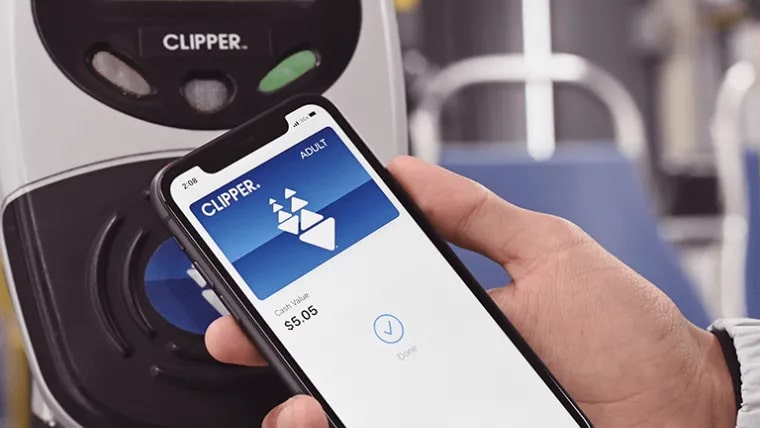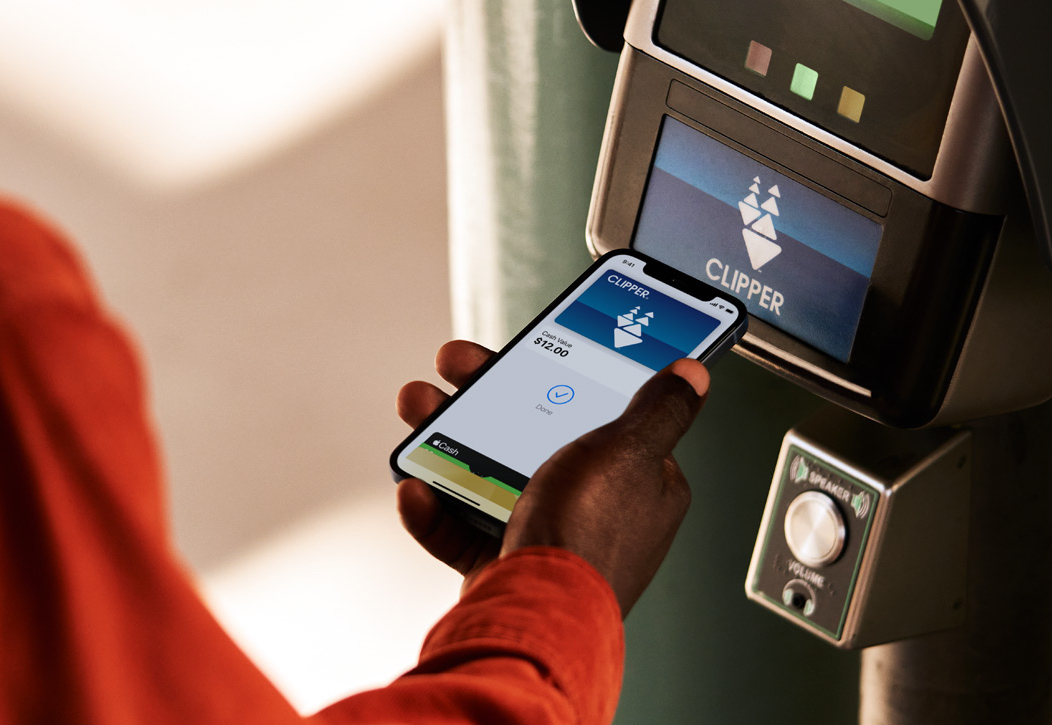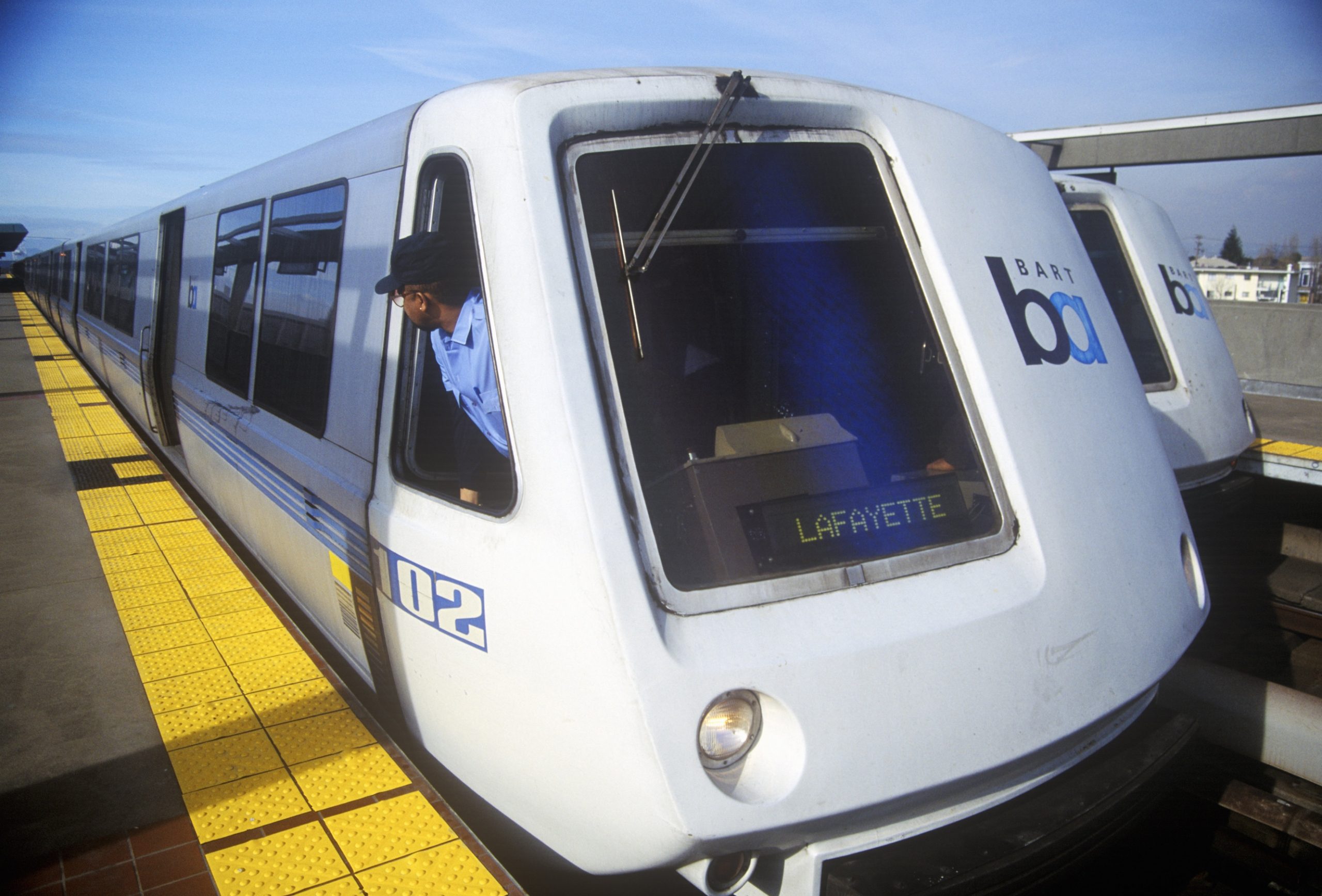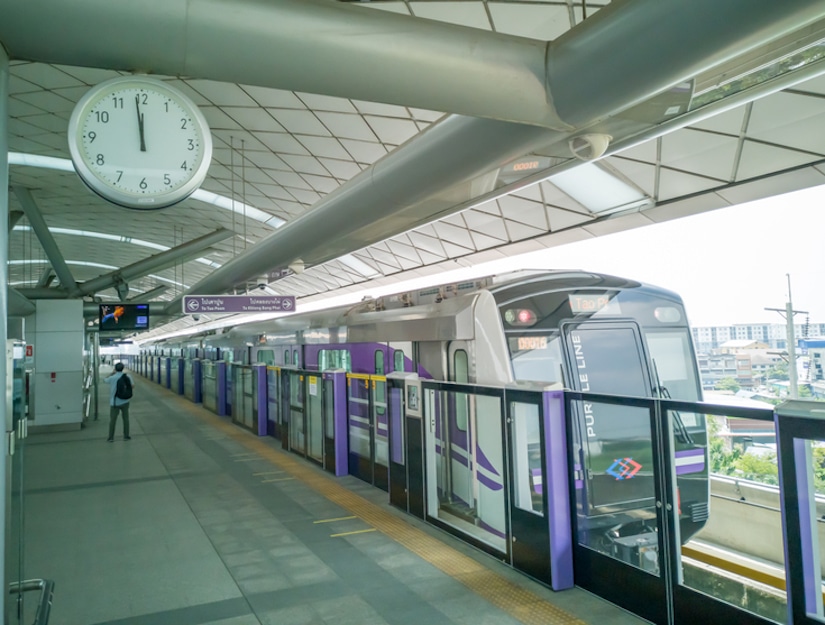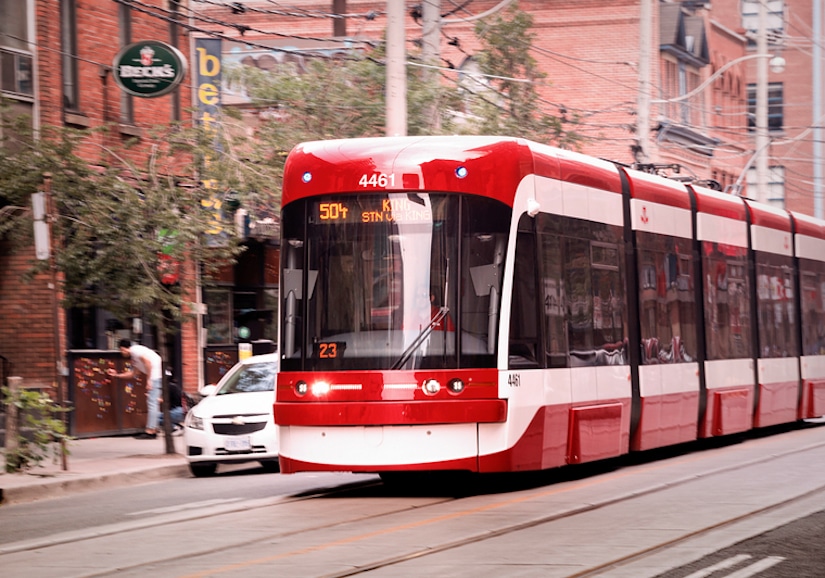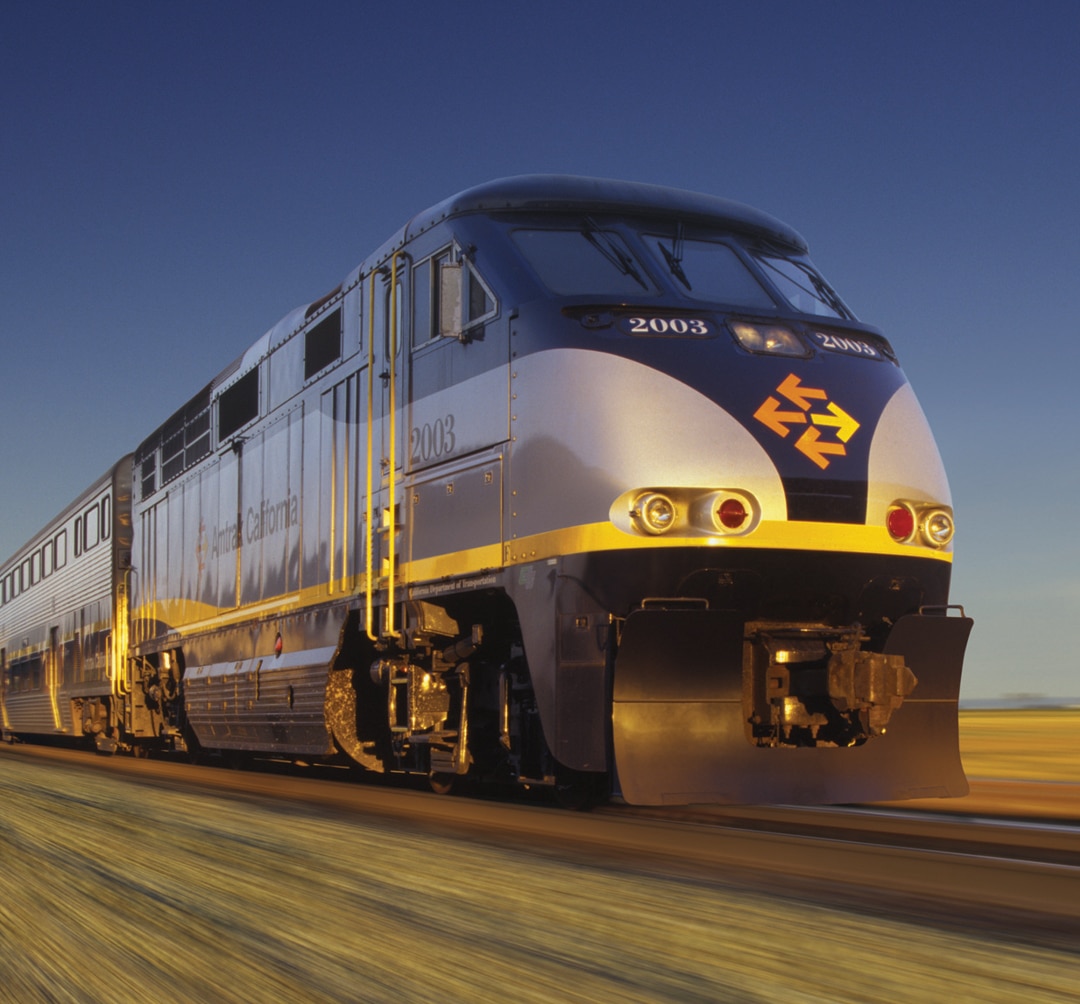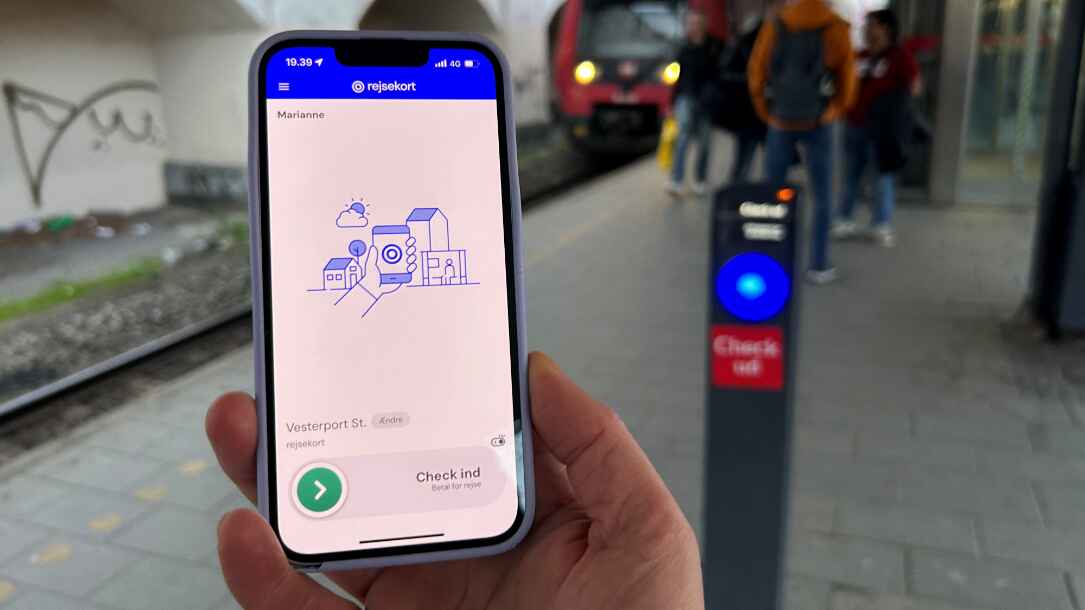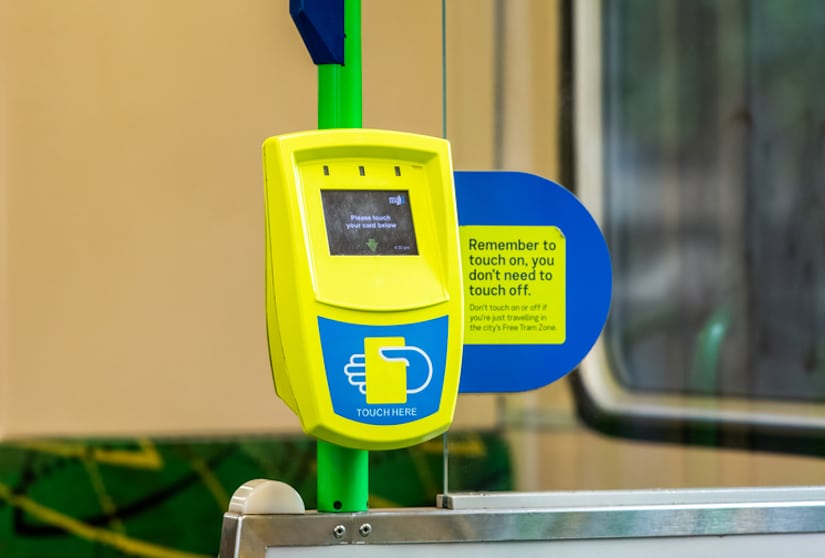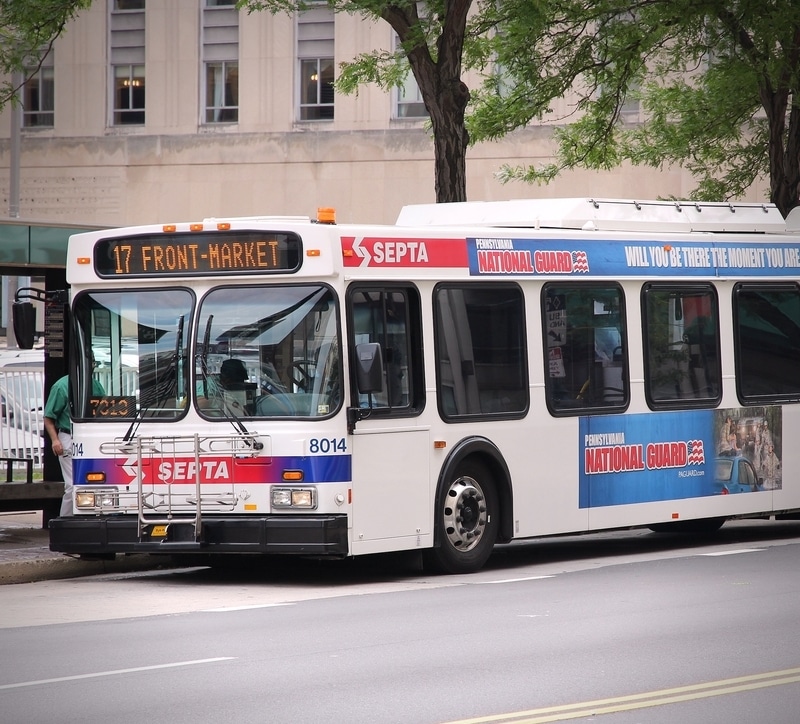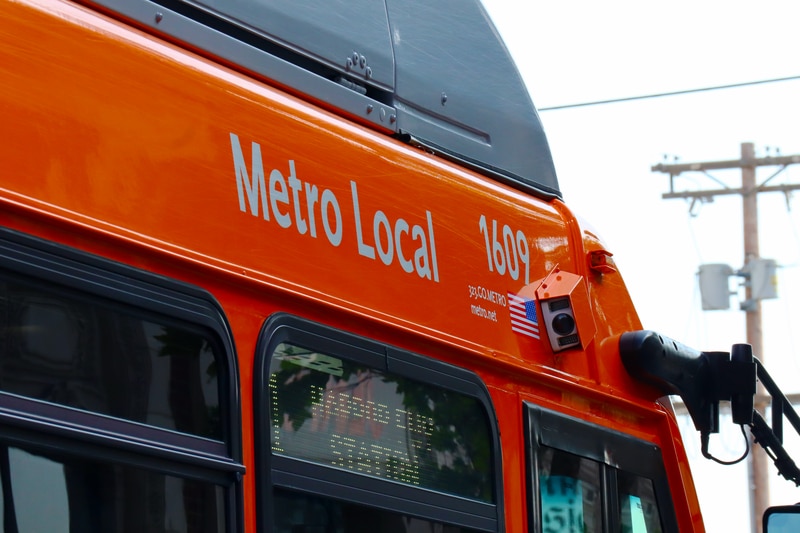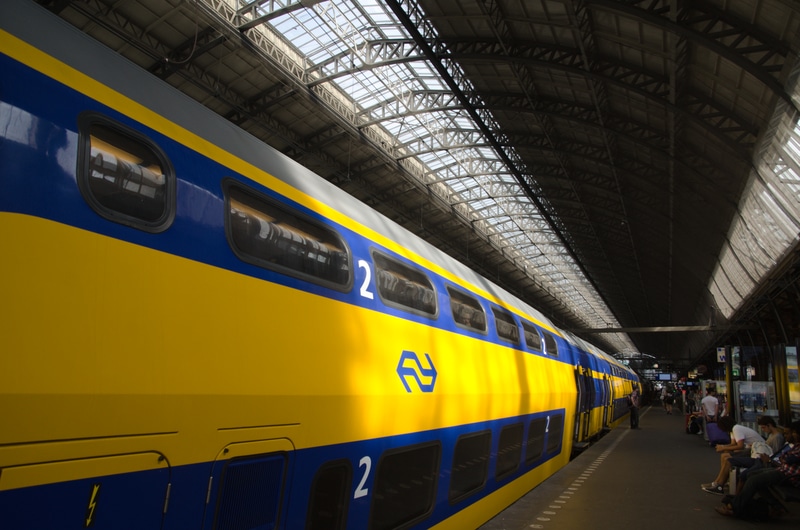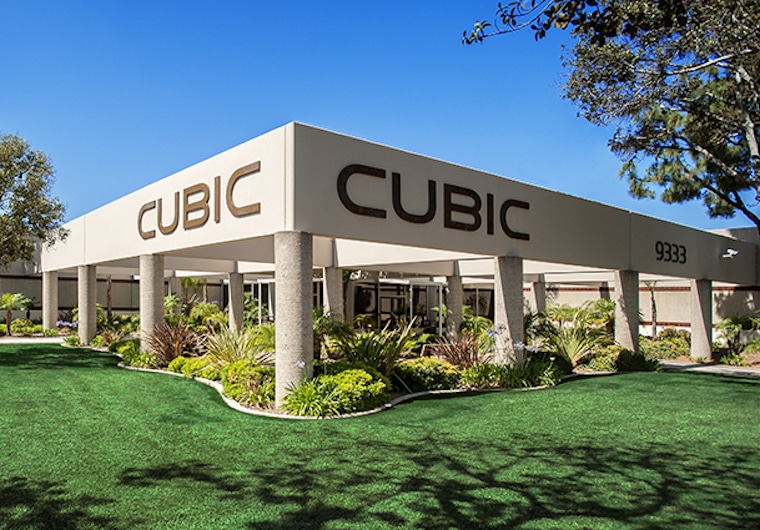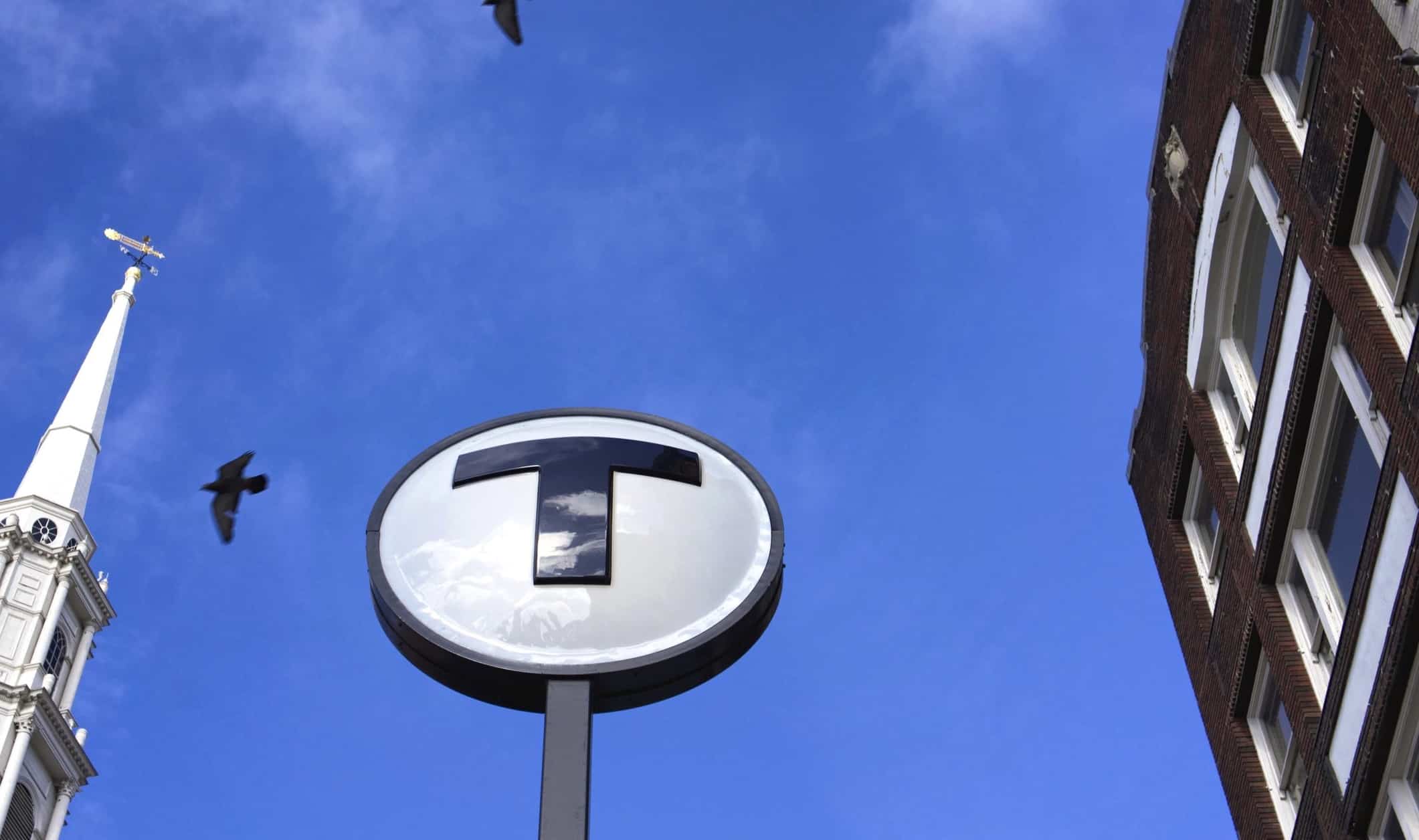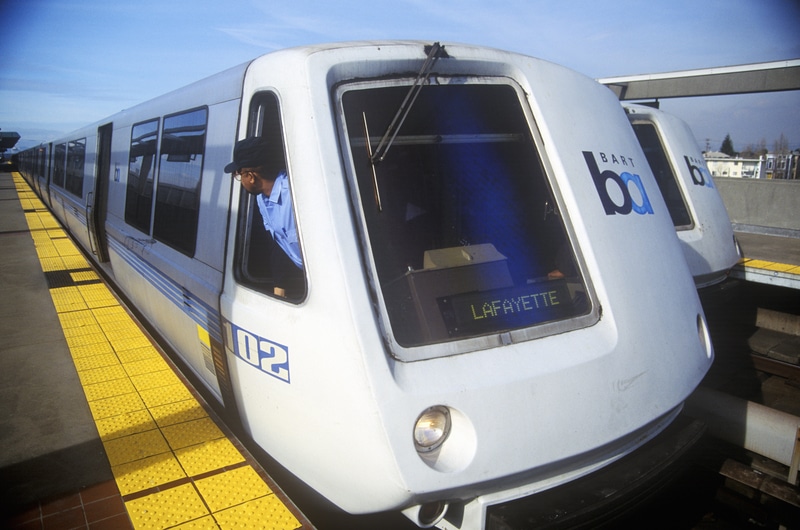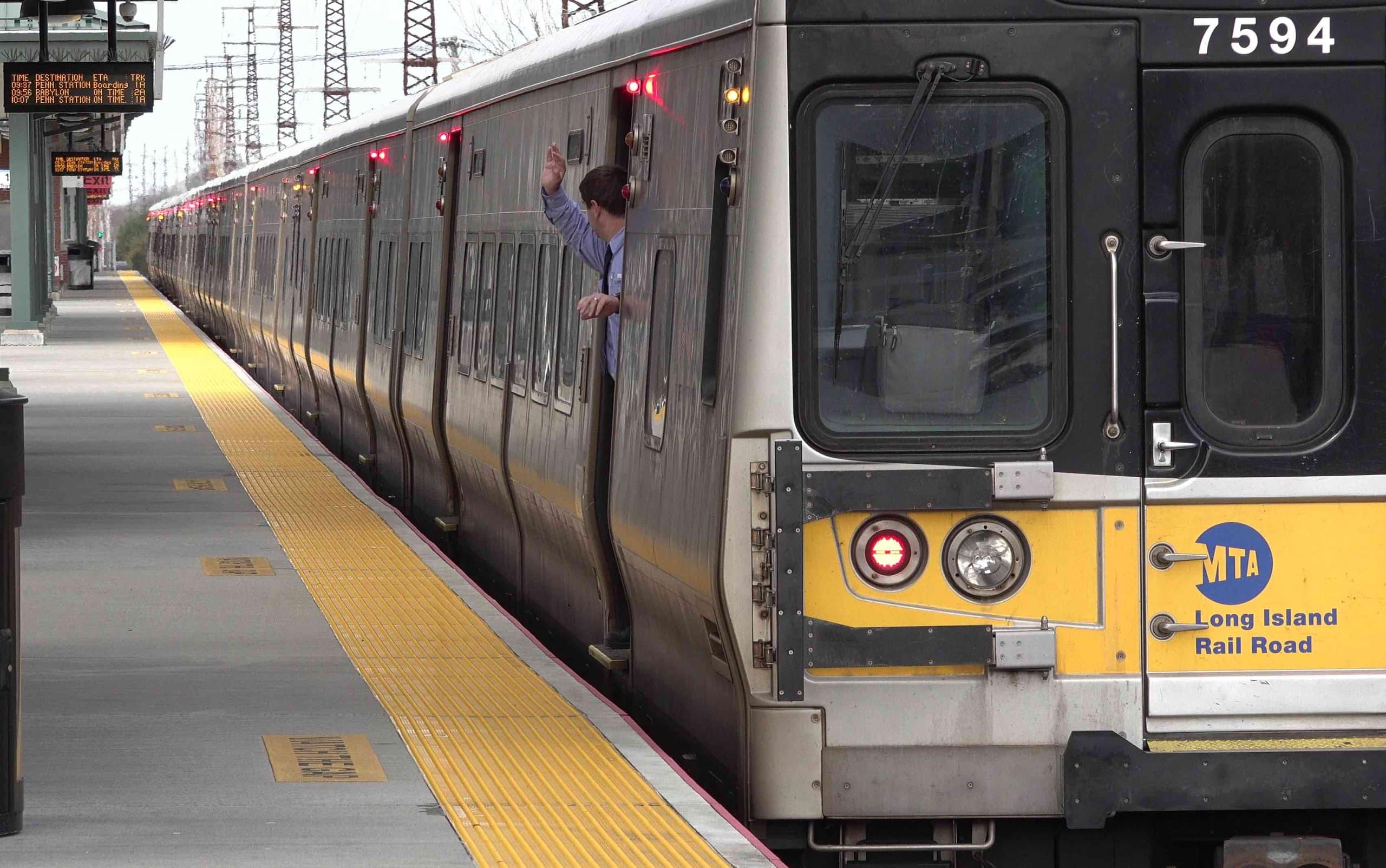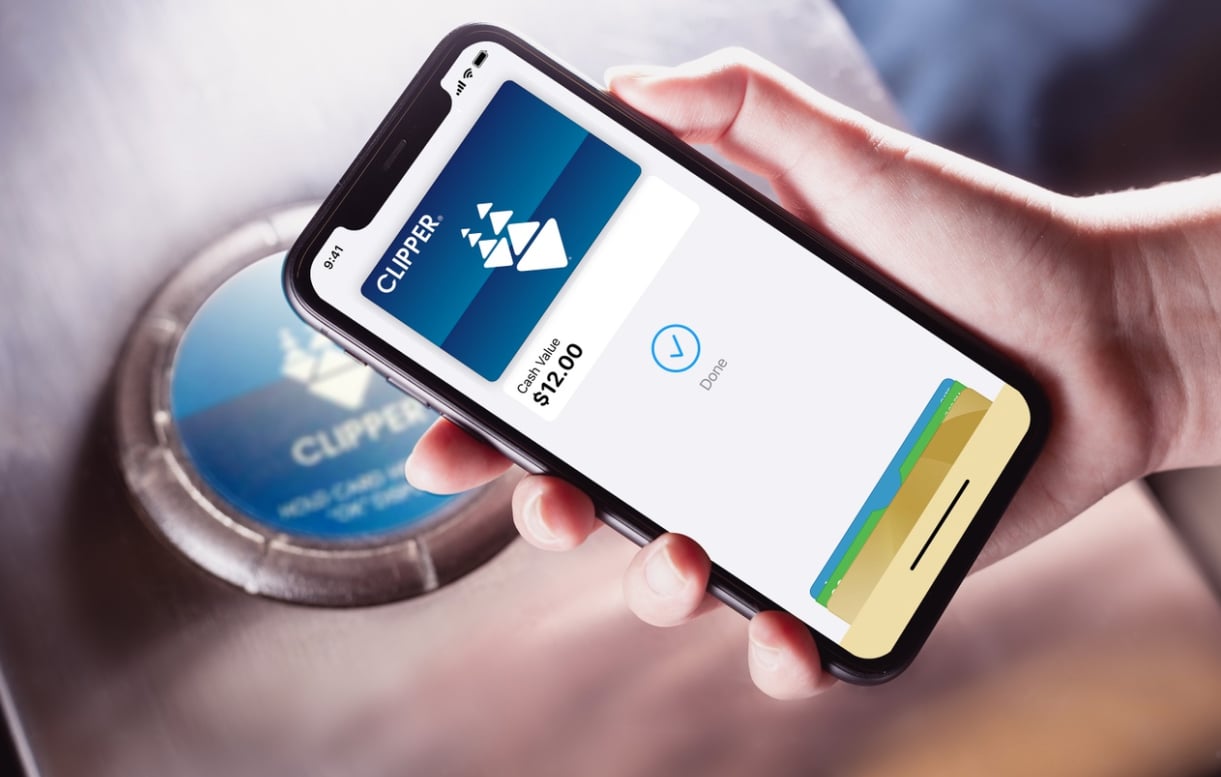
Article Highlights
San Francisco Bay Area transit officials are standing by their estimate for a launch of open-loop payments in 2024, as part of their account-based ticketing rollout, featuring a next-generation closed-loop Clipper card.
Use of closed-loop Clipper has reached around 90% of prepandemic levels in 2019, with customers tapping more than 1.1 million unique Clipper cards last month.
• MTC (San Francisco)
• BART (San Francisco)
• Muni (San Francisco)
• Cal-ITP
• Fiserv
• Paragon ID
San Francisco Bay Area transit officials are standing by their estimate for a launch of open-loop payments in 2024, as part of their account-based ticketing rollout, featuring a next-generation closed-loop Clipper card.







